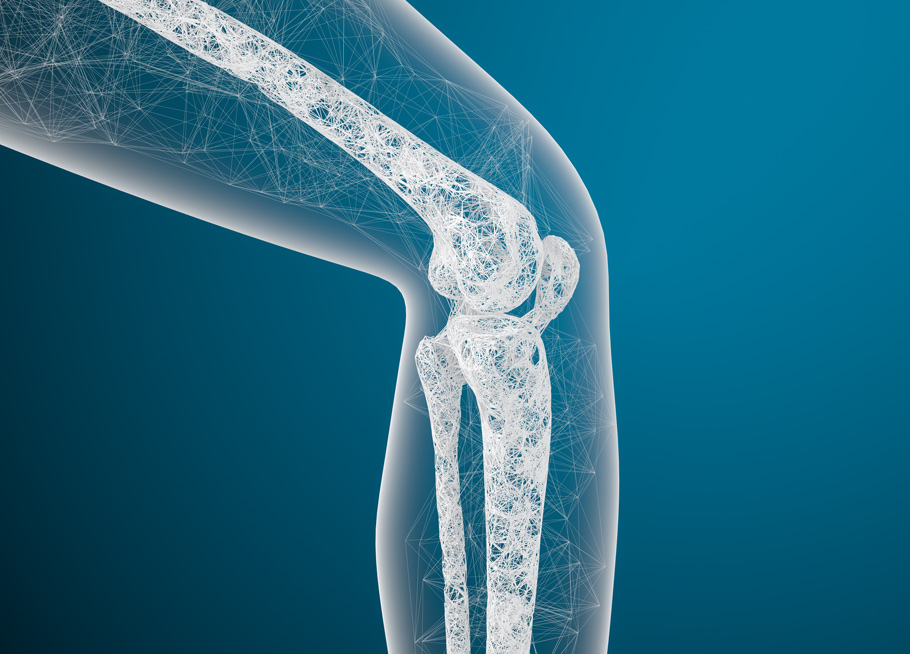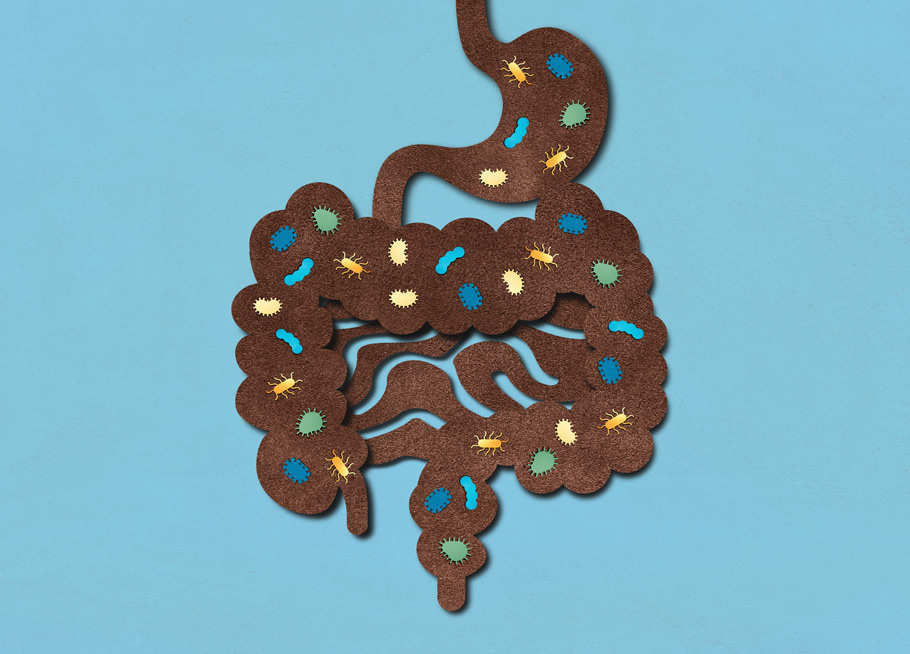
Introduction to Psoriatic Arthritis and Fatigue
Psoriatic arthritis (PsA) is a chronic autoimmune disease characterized by inflammation of the skin and joints. While the joint pain and skin lesions are the most visible manifestations of the disease, fatigue is a common yet understated symptom that significantly impacts patients’ lives.
“Fatigue is like the shadow of PsA, often present but not always seen.”
Exploring the Link Between PsA and Fatigue
Fatigue in PsA is multifaceted, stemming from the chronic inflammation, the body’s immune response, and the psychological burden of living with a long-term condition. It is a symptom that often goes unreported as patients may prioritize joint and skin concerns during clinical visits.
The Biological Basis of Fatigue in PsA
The inflammatory cytokines, particularly tumor necrosis factor-alpha (TNF-α) and interleukin-6 (IL-6), which are elevated in PsA, are known to promote fatigue. These biological markers trigger a systemic response that leads to the feeling of exhaustion.
Psychological Factors Contributing to Fatigue
Chronic pain and the psychological stress of living with PsA can lead to poor sleep quality, which exacerbates fatigue. The constant battle with pain and discomfort can drain emotional and mental reserves, leading to a state of persistent tiredness.
Quantifying Fatigue in PsA Patients
Assessment tools such as the Fatigue Severity Scale and the Psoriatic Arthritis Impact of Disease questionnaire have been developed to help quantify the level of fatigue experienced by PsA patients.
Prevalence and Severity of Fatigue in PsA
- Approximately 50% of PsA patients report significant fatigue.
- Fatigue levels are often higher in PsA patients compared to the general population.
- Women with PsA may experience higher levels of fatigue than men.
Managing Fatigue in Psoriatic Arthritis
Addressing fatigue involves a multifaceted approach that includes medical treatment, lifestyle modifications, and psychological support.
Medical Interventions
Biologic medications targeting specific inflammatory pathways have shown promise in reducing fatigue. Non-steroidal anti-inflammatory drugs (NSAIDs) and Disease-Modifying Antirheumatic Drugs (DMARDs) also play a role in managing systemic inflammation and subsequent fatigue.
Lifestyle Adjustments
Moderate exercise, dietary changes, and sleep hygiene can have a positive effect on fatigue levels. Stress reduction techniques such as mindfulness and yoga may also be beneficial.
Support Systems
The role of psychological counseling and support groups should not be underestimated in helping patients cope with the chronic fatigue associated with PsA.
Conclusion
Fatigue is a significant symptom of Psoriatic Arthritis that deserves attention and specific management strategies. By acknowledging and addressing this symptom, healthcare providers can improve the overall treatment outcomes for patients.
Key Takeaways
- Fatigue is a common symptom of PsA, affecting up to half of all patients.
- The causes of fatigue in PsA are complex and multifactorial.
- Assessment tools are available to measure the impact of fatigue on patients’ lives.
- A combination of medical, lifestyle, and psychological interventions can help manage fatigue.
Article by Dr. Naveen Bhadauria



